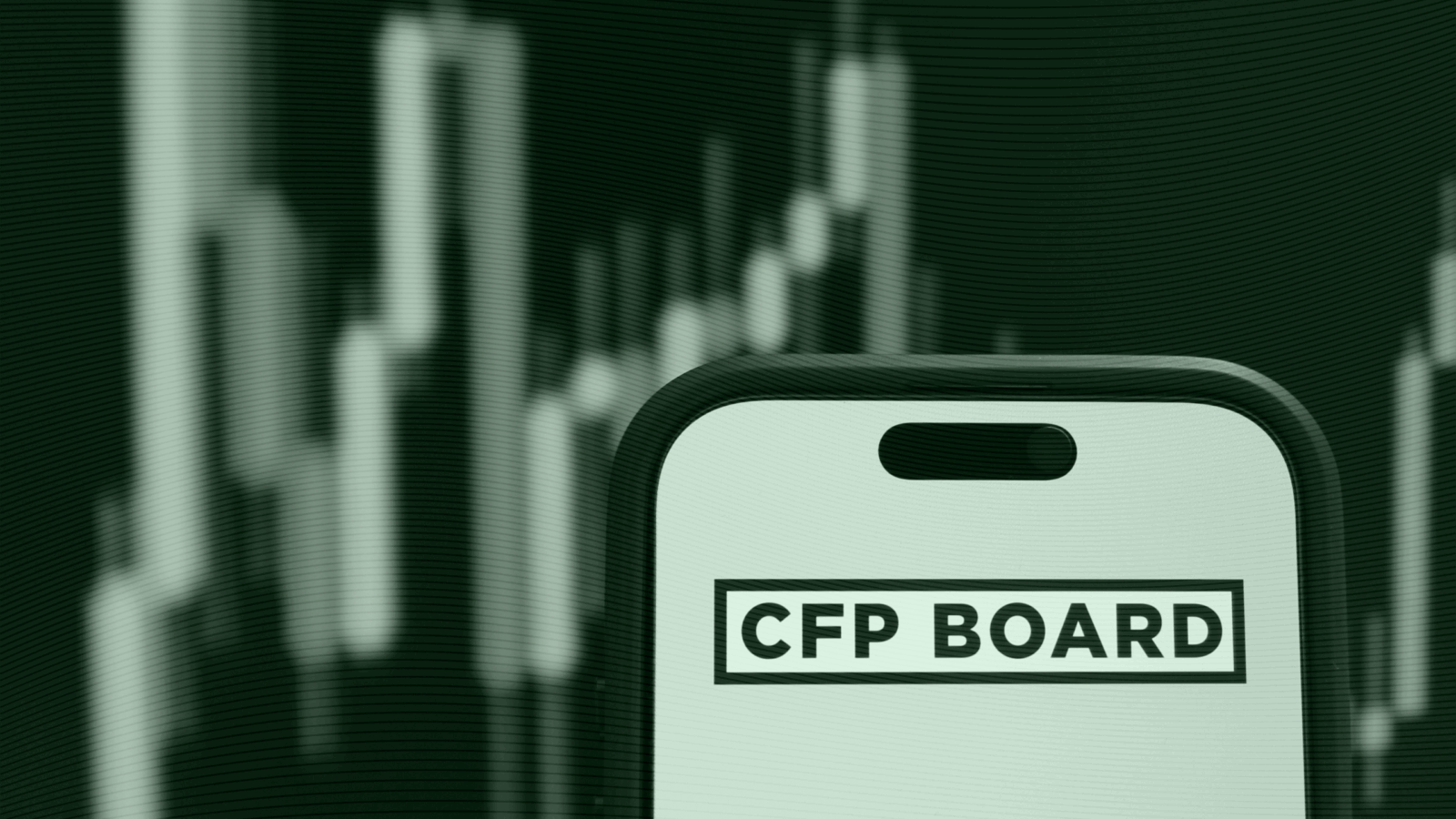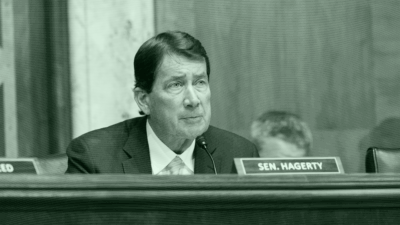BlackRock, Invesco Battle Over Private Asset ETFs
The world’s largest asset managers are devising new ETFs that wrap up private investments into a passive fund.
Sign up for market insights, wealth management practice essentials and industry updates.
Famed investing pioneer Jack Bogle once called ETF issuers “fruitcakes, nut cases and lunatic fringe.” He may have just rolled over.
Leading asset managers, like BlackRock and Invesco, are now trying to do the unthinkable by devising a way to wrap up highly speculative private placements into a traditional exchange-traded fund. Once the playground of the world’s rich, private assets — like home lending, real estate, private equity, or infrastructure — could soon be up for retail consumption for the cost of a few basis points.
Almost 90% of companies with revenue greater than $100 million are privately traded, meaning the new products could provide tremendous upside for retail investors and revolutionize harder-to-access areas of the market. Currently at least 15 ETFs seek to offer some private-market exposure in the US, but there are a host of technical and regulatory hurdles to overcome to launch a full-fledged private assets ETF. Where there’s potential profits, there’s a way.
No Trespassing
The catch is a pesky little 15% limit on funds holding illiquid investments. The Securities and Exchange Commission defines illiquid investments as anything that would take longer than a week to sell without significantly impacting the price. While ETFs trade and price daily, private assets are generally marked quarterly or even annually, which is a major cause for concern.
“Private assets are not intended to be bought and sold daily,” said Christine Sol, a strategist at Signature Estate and Investment Advisors. “Just because private assets can fit into an ETF wrapper doesn’t mean it’s the best or an appropriate fit,” and the SEC’s 15% maximum is currently a “dealbreaker” for private ETFs.
Issuers may get around the rule by using so-called synthetic exposure, meaning a fund holds swaps written against a private equity portfolio, according to Bloomberg. Another option would be matching private investment performance using liquid alternative ETFs that use complicated strategies like short selling.
Never Pay Retail. Alternative providers are sniffing out tremendous opportunities to gather retail assets in the coming years. Look no further than BlackRock’s $3.2 billion megadeal for the UK-based alternative data and analytics provider Preqin as proof of the massive push; CEO Larry Fink said the company coud “index the private markets.”
Cerulli Associates estimates that financial advisors own roughly $1.4 trillion in less than fully liquid alternative investment assets in the US alone, according to new research. But, that’s expected to change:
- Cerulli researchers project alternative assets will skyrocket to $2.5 trillion by the end of 2028.
- Alternative providers have estimated that just 13% of their assets under management are from investors in the retail channel.
- However, retail investors are expected to make up 23% of alternative assets in the next three years.












